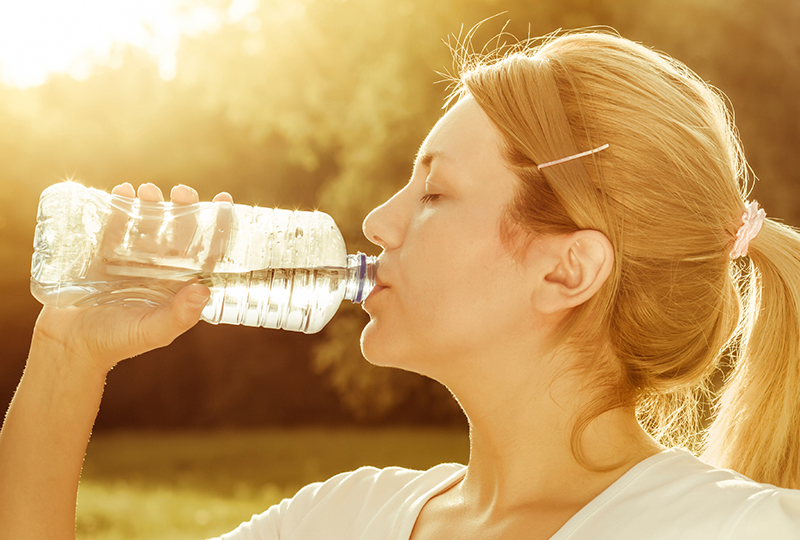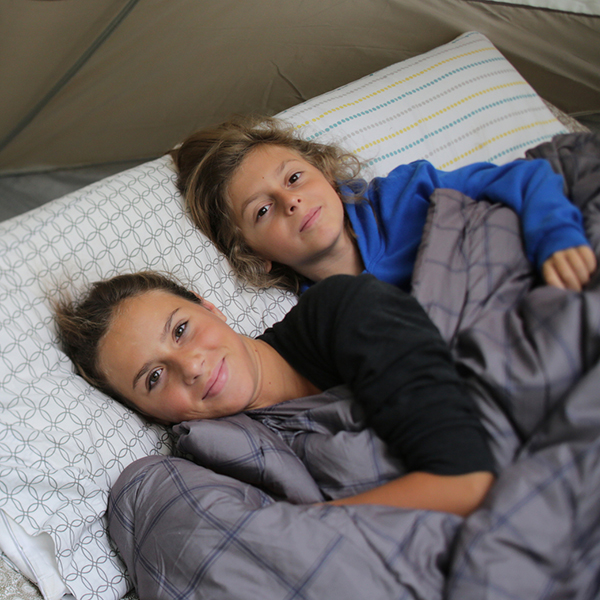Rising temps (and humidity) mean your body is at an increased risk for heat exhaustion. Here’s how to stay cool while exercising in the summer
It’s 90 degrees and 70 percent humidity. Time to hit the trails?
Whoa, hold your handlebars. If you’re not careful, you could wind up with a case of heat exhaustion just as easily as the couch potato next door, no matter how fit you might be.
Indeed, although being fit increases your tolerance to heat and cold, your body still needs time to acclimate itself to warm weather. In winter, your body has had a relatively easy time exercising and keeping cool at the same time. But when temperature and humidity go up, your body has the added task of ridding itself of heat and it’s even more critical to get in a proper workout cool down.
- Fill up on plenty of water for hours before your run or ride. Drinking six to eight glasses of water throughout the day helps prevent dehydration during exercise. To prevent dehydration drink water one and two hours before you exercise, and then whenever you feel thirsty. During very long exercise, such as a marathon, you should also consume electrolyte replacement drinks to avoid sodium deficiency (hyponatremia).
- Cut back on the intensity and duration of your workouts. Start out at about half-intensity and gradually increase over seven to 14 days. This gives your heart enough time to increase its ability to supply your muscles with nutrient-laden blood while also diverting some to the skin surface where it can help radiate excess heat to the air.
- Exercise during the cooler parts of the day, such as the morning and evening. This is especially true if you live in the northern climates and take a February vacation in the Virgin Islands. Chances are you won’t be there long enough for your body’s cooling mechanisms to make any meaningful changes. It’s a good idea to avoid intensive exercise anytime the temperature or the relative humidity is very high. High humidity, in particular, makes it harder for sweat to evaporate and take heat away from your body.
If, despite following these summer workout cool down tips, you begin to get muscle cramps or feel fatigued, weak, nauseated, feverish or dizzy, stop exercising immediately. These could be the early symptoms of heat illness and could lead to more serious complications, such as heat exhaustion or even heat stroke, if ignored. If you witness someone who is confused, disoriented or unconscious after exercising in the heat, call 911 immediately.

Vanderbilt Health operates a variety of walk-in clinics in Middle Tennessee, including some with Williamson Medical Center, to take care of everything from sprains and sport injuries to flu shots, fevers, coughs and rashes. Search locations and learn more about the conditions treated there.




